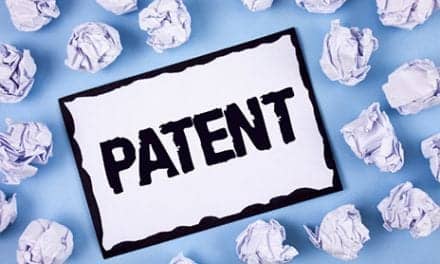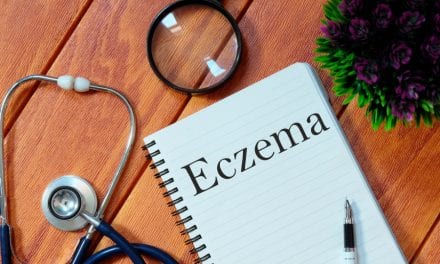For people with sensitive skin, finding a moisturizer that doesn’t cause itching or irritation can be a real challenge. (That goes double for those with conditions like dermatitis, eczema, or psoriasis.) A good place to start is with products advertised as fragrance-free, hypoallergenic, or dermatologist-recommended.
But unfortunately, a new study in JAMA Dermatology shows that these claims often don’t hold much water.
When researchers at Northwestern University Feinberg School of Medicine evaluated the ingredients in the 100 best-selling whole-body moisturizing products sold at Target, Walmart and Amazon, they found that products with these labels often came at a higher price tag. They did not, necessarily, come without chemicals known to be irritants or potential allergens.
These inaccurate claims and higher prices make it difficult for people with sensitive skin or skin disorders to find affordable and safe moisturizers, say the study authors. These consumers may need to get specific recommendations from their own dermatologists, the study authors also say, or pay more attention to the actual ingredients in a product—and not just the advertising claims.
They study found that 45% of the products boasting a fragrance-free claim did actually have at least one chemical classified as a fragrance cross-reactor or botanical ingredient by the North American Contact Dermatitis Group (NACDG). Even more disturbing, 83% of products labeled as hypoallergenic included a potentially allergenic chemical.
In addition, 95% of products touted as dermatologist-recommended—a phrase that’s not regulated and doesn’t need to be backed up with much evidence—contained at least one NACDG-listed allergen. Products that were dermatologist-recommended were also were 20 cents more expensive per ounce, on average.
“We looked into what it means to be ‘dermatologist-recommended,’ and it doesn’t mean much,” says lead author Steve Xu, MD, instructor in dermatology at Northwestern, “because it could be three dermatologists recommending it or one thousand.”
Overall, only 12% of the best-selling moisturizers were free of NACDG allergens, and “the difference in price between the least and most expensive moisturizers was 9400%,” says Dr. Xu.



